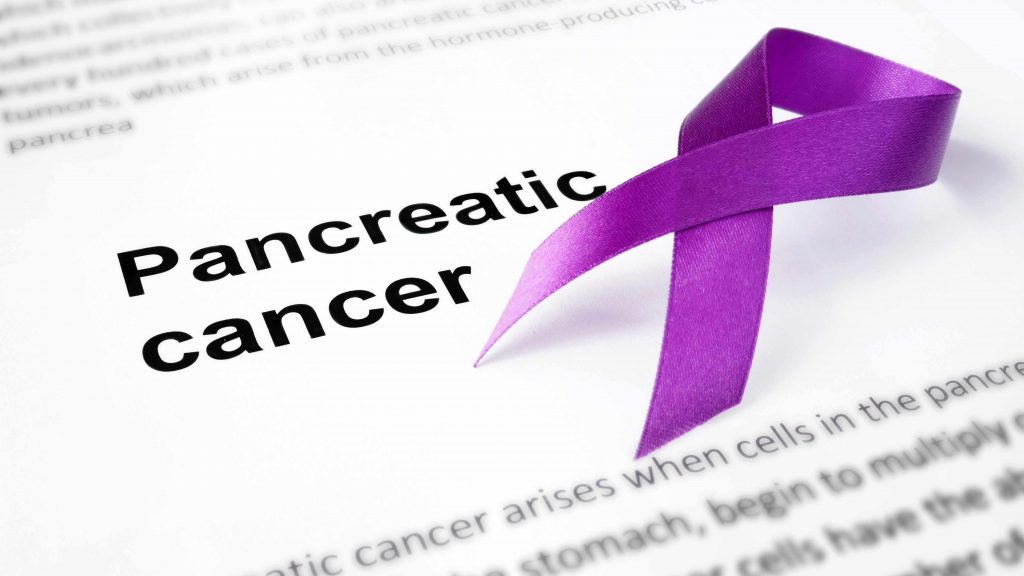-
Living With Cancer: What do you know about pancreatic cancer?

Pancreatic cancer
Pancreatic cancer begins in the pancreas, an organ that secretes enzymes that aid digestion and hormones that regulate the metabolism of sugars. Pancreatic cancer, which typically spreads rapidly to nearby organs, seldom is detected in its early stages. One sign of pancreatic cancer is diabetes, especially when it occurs with weight loss, jaundice or pain in the upper abdomen that spreads to the back. Treatment may include surgery, chemotherapy, radiation therapy or a combination of these. Learn more about the symptoms and risk factors of pancreatic cancer, and when you should see your health care provider.
Cancer survivors: Taking care of yourself after treatment
After your cancer treatment, you likely will be eager to return to good health. And beyond your initial recovery, there are ways to improve your long-term health and quality of life so that you can enjoy the years ahead as a cancer survivor. Here's what you can do to take care of yourself after cancer treatment.
Breast cancer radiation: Can it cause dry skin?
Dry skin after breast cancer radiation treatment is fairly common. In addition to dry, flaky, itchy skin, you may experience sunburnlike skin changes to the treated area. Your radiation oncologist can determine whether any underlying conditions are contributing to your symptoms or decide if you need to see a dermatologist. There also are a number of self-care strategies that may relieve your symptoms. Learn more from Dr. Sandhya Pruthi, a Mayo Clinic general internal medicine physician and past director of the Mayo Clinic Breast Diagnostic Clinic.







